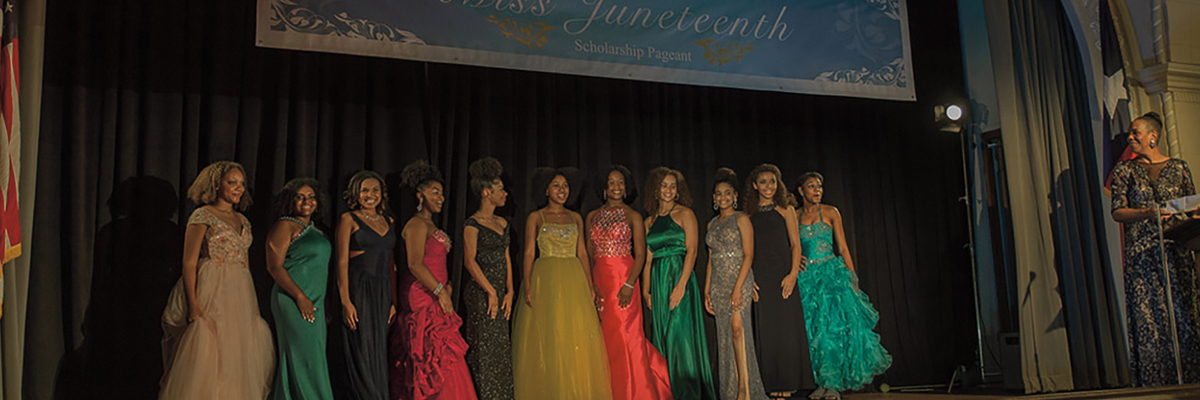Film producer, director, and writer Neil Creque Williams ’06 wanted to make movies by the time he was seven, when in second grade, his teacher let him show his home videos during lunchtime.
“I watched a lot of animation—Little Mermaid, Lion King—and just wanting to watch behind the scenes, like how did they animate it? I was just fascinated by that stuff,” Williams recalls. “You get wrapped up in the technology—if we had this, I could do that—and eventually you realize, no, none of those things. You tell a story.”
At Duke’s Center for Documentary Studies, “the spirit of sitting with people and just hearing their stories was embedded in me,” Williams says. And at Duke’s Multimedia Project Studio, where the production of multimedia, audio, and video content is done, you could “find your playgrounds creatively.”
Years later, at a time of unrest and reflection, Williams finds himself drawn to telling stories of people who have shown their resilience. “Those stories have always inspired me. Like the family stories of people having to go to a vet for dental care because you couldn’t go into the segregated dentist,” he says. “What toll does that have psychologically on you? What toll does that have forty years later? Those are the kinds of things I want to see more stories of.
“The thing I’m really focused on is that there are so many stories that are from the African-American experience that are about resilience and about people making their way that need to be told.”
His David’s Reverie is a 2016 short about a jazz musician struggling to prevent his epilepsy diagnosis from derailing his emerging career. It was nominated for awards given by film festivals in Los Angeles and San Francisco. And he co-produced the 2020 film Miss Juneteenth, which connects to the annual commemoration of the ending of slavery in America. It was written and produced by his wife and creative partner, Channing Godfrey Peoples. In the drama, Turquoise Jones, a former beauty queen and single mom, prepares her rebellious teenage daughter for the Miss Juneteenth pageant. The New York Times described the film as exploring “how [B]lack women and girls support each other in a world that often fails them.”
“My brain, really, with Juneteenth and with other projects, is really trying to dig deeper into those stories that I may have heard once from my grandmother,” Williams says. “But it’s like, wait, this actually was a really important story for how to navigate a certain time. Let’s dig into that and see how that is playing out today.”
As he looks for more stories to tell, Williams offers this advice for future artists: “If you’re interested in the arts, just jump in. You never know which lecture or the film screening or the art class you take on a whim may plant a seed.”
___________________________________________________________________
In September, DukeCreate & DEMAN Live teamed up with the Duke Black Alumni, Duke Cinematic Arts, Screen/Society, Duke Alumni, and Duke Department of African & African American Studies for a special virtual screening and filmmaker Q&A featuring Williams and writer/director Channing Godfrey Peoples.
Watch it below:


Share your comments
Have an account?
Sign in to commentNo Account?
Email the editor